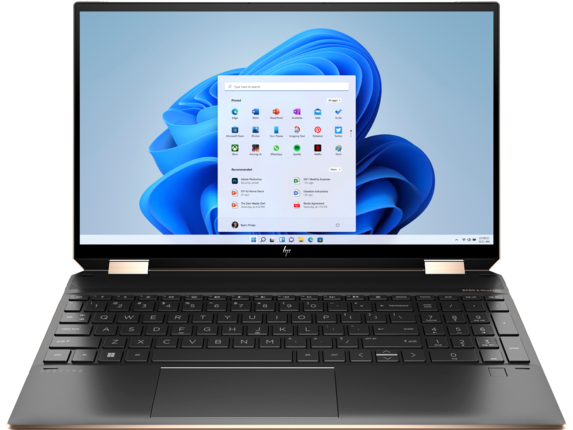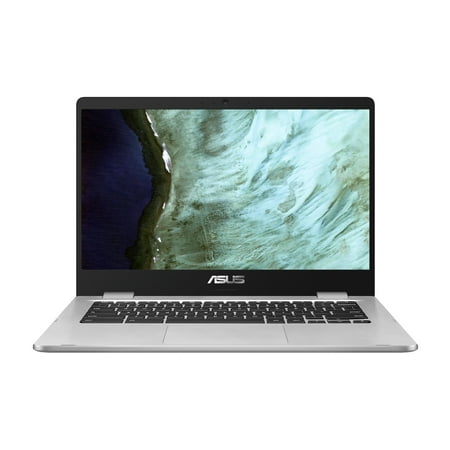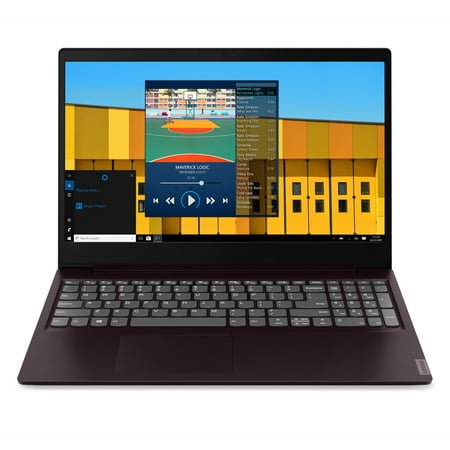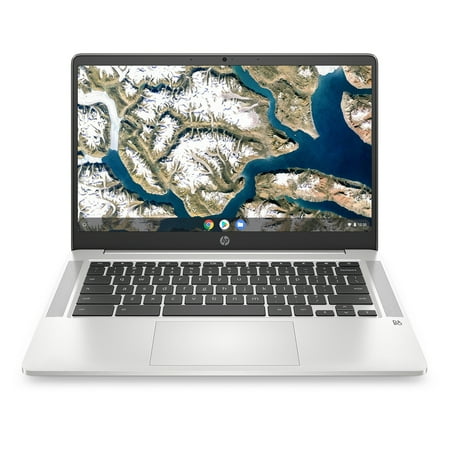HP Spectre x360 Convertible Convertible Laptop – 15t-eb100 Touch Screen|Intel Processor|256 GB SSD|15.6″ Display|Windows 10 Home 64|3R480AV_1
Windows 10 Home 64. 11th Gen Intel® Core™ i7-1165G7 processor. Intel® Iris® Xe Graphics. 16 GB memory (onboard); 256 GB SSD storage. 15.6″ diagonal 4K UHD touch display.
HP’s most powerful Spectre convertible yet looks stunning and runs smooth with a jaw-dropping high definition, near-borderless display and long battery life that takes you from day to night. Add in the security features you need for peace of mind and this stylish powerhouse has everything you need to power through.
Perform powerfully
Knock out everyday tasks faster with the power of an Intel® Core™ Processor
Intel® Iris® Xᵉ graphics
Network Booster task prioritization and a long battery life.
Binge brilliantly
Enjoy viewing your content on a high definition, near-borderless display. Experience epic sound with quad speakers and audio tuned by the experts at Bang & Olufsen.
Be you, confidently
Keep it confidential with an unhackable Webcam Kill Switch that ensures your privacy and a dedicated microphone mute button that keeps your private conversations, private.
Additional information
| Dimensions (W X D X H) | 14.17 x 8.91 x 0.79 in |
|---|---|
| Weight | Starting at 4.23 lb |
| Warranty | 1 year limited hardware warranty (information at http://www.hp.com/support); 90 day phone support (from date of purchase); complimentary chat support within warranty period (at http://www.hp.com/go/contacthp) |
| Software included | McAfee LiveSafe™ 30-day trial offer (Internet access required. First 30 days included. Subscription required for live updates afterwards.) |






by Renee
Great, good looking PC. I had it customized and I’m enjoying it everyday since my retirement.
by Sandra
Little Pricey – But good ROI. Great product. Will buy more for the Team.
by Valeria
It took almost a month to get, after ordering. i was impressed with the package and contents. So far so good.
by Olay
I’m disabled and I have 2 complaints. First, there needs to be a function that tests your typing speed and customizes the on-screen keyboard to that speed. I always end up with numerous characters when I’m trying to get one.
Second, why is the tip of the stylus so rigid? I love that it shows a pointer but the tip is so hard that it sounds like it will crack the screen. Why-oh-why?
Otherwise, I’m in love.
by Randy
I have had my computer for 2 months. It feels very solid and well built. This laptop replaced a Lenovo Thinkpad. I find it much more powerful, better graphics and half the weight. The only negative is how hot it gets when running on AC power. When running on battery power it stays cool. I am getting about 6 hours on battery running in the High Performance mode.
Pros:
– Well built and high end design (I love the metal trim)
– Quick on/off sound and microphone buttons
– Camera switch
– Well designed keyboard with good touch
– Amoled screen bright and clear
– Thin and light profile
– Decent good speakers
– Touch screen and Pen responsive, no delay
– Fast recharge (30% to 100% in about 1-2 hours)
– Very fast boot-up – usually within 15 seconds
Cons:
– Runs hot on AC power
– MyHP app useless
– Lit keypad turns off when idle in 30 seconds with no way to adjust to longer timeout
by Mike
With the newest generation i7 processor, the Spectre is extremely responsive and more than capable for my needs. The laptop is solid and well-made, as it should be for the price. A month or so in, and I’m very satisfied with the purchase. Looks are probably the last thing one should consider when buying a laptop, but it is one sleek machine.